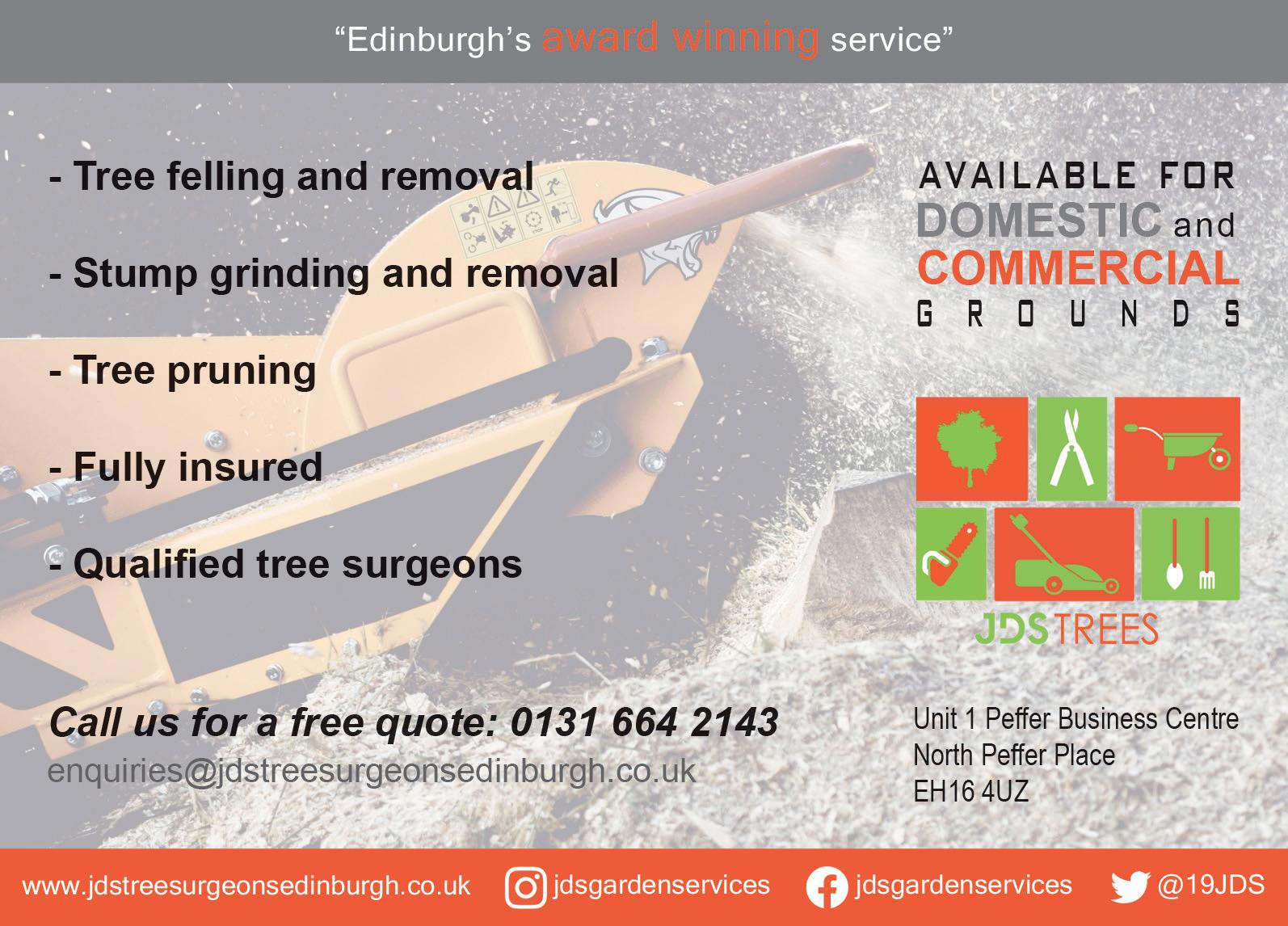
2 minute read
Heart Rate Training Is For You
By Tracy Griffen
Last issue I wrote about post-Covid fitness. I mentioned that heart rate training is a safe and effective way to build up fitness after Covid. This is issue I’m going to explain exactly what HR (heart rate) training is, and why it’s suitable for ALL fitness levels. We quite often don’t think of our heart, but it’s a very effective pump. The healthier it is, the more blood it pumps each stroke. The fitter you are, the lower your resting HR, and the easier exercise will feel.
Advertisement
Movement puts a demand on muscles so the heart needs to pump more oxygenated blood around the body, elevating heart rate. Your heart is a muscle that can be trained like any other muscle, by using it. Aerobic exercise is basically strength training for your cardiac (heart) muscle. So it is super important! This is why I do heart rate training with all new clients, regardless of their fitness level. We use a HRM (Heart Rate Monitor) with chest strap to accurately monitor the heart’s bpm (beats per minute). By getting someone moving in their target HR rate, I can see how fast they need to move to have a fitness benefit, and how quickly they recover from exercise. The target HR you need to exercise at gets lower as you get older. For example, if you’re 20 years old, you need to go at least 130bpm, if you’re 40 year old, it’s 117bpm, and at 60 it’s 104bpm. The fitter you are, the lower your resting HR, so the faster you’ll need to move to get in the ‘zone’. By measuring your HR, you can ensure that you’re going fast enough to get fit. We can keep an eye on HR to make sure it’s not going too high. High Intensity Interval Training (HIIT) can be handy for some purposes, but for returning to fitness it’s always advisable to start with the lower intensity cardiovascular exercise. Start slow and long and build up your speed and endurance with practise. Many post-viral clients tell me that they feel like they should be able to move faster, but their body will not let them. Sometimes their HR is higher than expected and everything is an effort. There may also be the feeling of stiffness in the chest. This is the after effects of your body fighting the virus, and it varies from individual to individual.
Best to take it easy, and have lots of recovery days, and build up slowly. Rest and recovery days are especially important when coming back from an illness, so more on that next issue...
Personal Trainer Tracy Griffen specialises in fitness for those coming back from injury or illness. She believes in supporting clients through their fitness journey. For more information, see advert below











